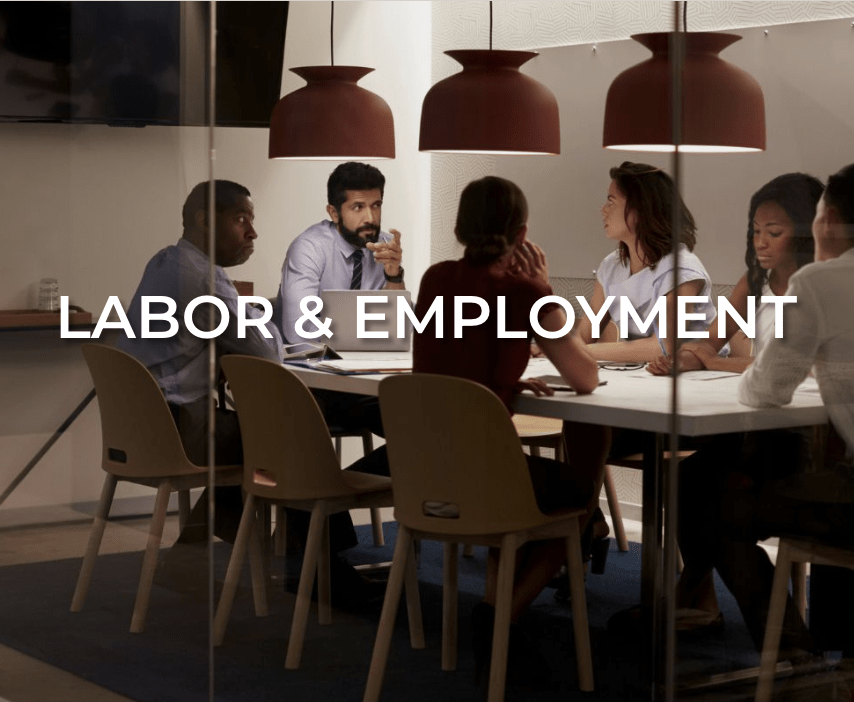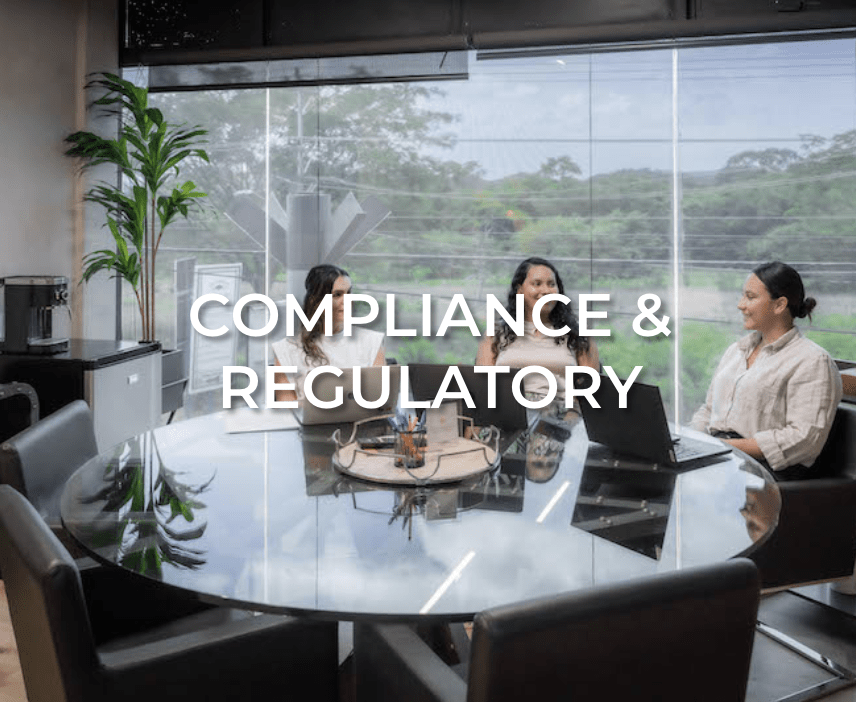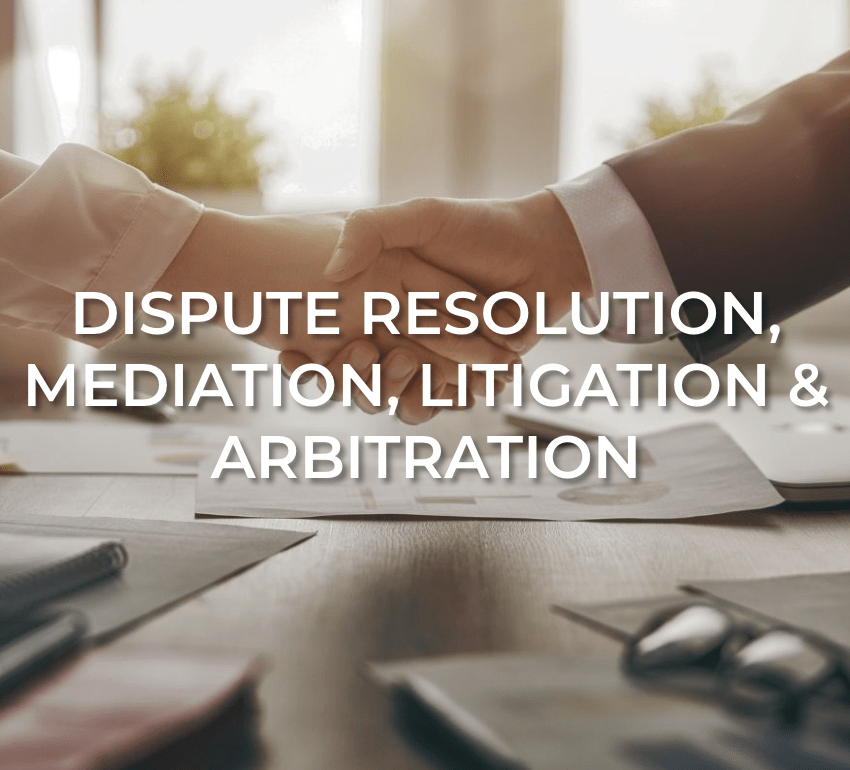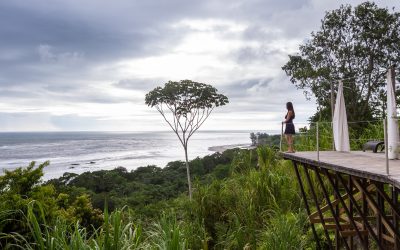

Construction Warranty In Costa Rica: Most Important Things To Know
by Quatro Legal Real Estate Team | April. 10, 2024 | Article, Real Estate

Whenever expats or investors buy built property, new or old, one of the most common concerns is if they have warranties to enforce and if so, what is the process and timeline and who is liable for it. Therefore, I drafted this blog to explain the key points on construction warranties in Costa Rica.
A builder’s warranty is a type of assurance or guarantee provided by a developer or builder to the homeowner regarding the quality and integrity of the construction work. It outlines the builder’s commitment to repairing or replacing certain defects or issues that may arise within a specified period after the completion of the construction project.
A least 35% percent of our clients invest in houses under construction, which leads to clients having questions related to warranties on brand new homes during or after closing.
In Costa Rica, the regulations regarding house construction warranties can vary depending on the type of construction, and the specific agreements made between the parties involved. The guidelines and regulations are established on the Civil Code of Costa Rica, CFIA (Professional Association for Engineers and Architects in Costa Rica), MEIC (Ministry of Economy, Industry and Commerce), and the Consumer Protection Law.
Normally, the builder offers a warranty over specific aspects of the construction, such as structural integrity, workmanship, and materials. The only items or conditions that may be excluded from coverage, are the normal wear and tear of the property, acts of nature, or homeowner neglect. It’s essential to have a clear understanding of what is covered under this warranty and for how long. In Costa Rica the term to request the warranty, as mentioned above, will depend on the kind of work, as follows:

Lamps, fixtures, and appliances will also be under warranty, but the term and the repair must be provided by the vendors. For these types of items, it is important to consider there will be third parties involved during the constructions process, such as the suppliers of appliances, furniture, fixtures, or specific workmanship. To enforce these warranties there should be a due process which may need to be undertaken within a specific timeline. It is common practice that buyers of built property do not request for the warranties supporting documents making it complicated to know their extend and enforcing them shall it become necessary. This should be part of a closing process.
In civil work cases, the warranty starts on the date that the construction is delivered. If the owner decides to sell the brand-new house within less than five years, the new buyer can also apply for this warranty since it is transferrable.
During the period of validity of the warranty, its holder shall be entitled at least, and as appropriate, to:
- The refund of the price paid.
- To the exchange of the good for another of the same kind, similar characteristics, or technical specifications, which in no case may be inferior to those of the product that gave rise to the warranty.
- To the free repair of the good.
In accordance with article 1185 of the Civil Code of Costa Rica, the Architects, Engineers or companies who have overseen the construction are liable for its total or partial loss, whether it is caused by a construction defect or a soil defect, and this liability will last for five years counted from the reception of the work. It is also important to mention that the architects, engineers and/or the developers may not invoke as an excuse to exempt themselves from the liability having warned the owner of the defects of the soil, or the dangers of the construction, or the poor quality of the materials.
Our three recommendations before you enter a construction process are:
- Sign an agreement or request a letter from the engineer, the developer, the architect or the building team establishing the terms and conditions of the warranty, including the duration and the items that would be covered besides the structural integrity.
- Request a copy of the warranty certificate provided by the different vendors involved in the construction, if possible. This may even include the purchase invoices.
- Conduct and schedule inspections through an engineer during the building process to confirm that the aspects of the construction are in good condition and that the work is consistent with the blueprints presented by the builder.
- Ask your lawyer to review the construction agreement, and if you are in the purchase process, ask for advice.
Through the following link, you will find the “Minimum Warranty Guide” issued by the “Cámara de Construcción”, where you will find recommendations for the minimum warranty term for the buildings and their accessories.
If you found this information useful or need further guidance, feel free to reach out to Maria Fernanda Baudrit at mbp@quatro.legal
Disclaimer: The information provided in this blog post is for general informational purposes only and is not intended to constitute legal advice. While we strive to ensure the accuracy and timeliness of the content, laws and regulations are subject to change. For the most accurate and up-to-date information, please contact our office directly. Some images may be AI generated.
Get To Know Quatro Legal

We’re bringing empathy and excellence back to legal counseling. Quatro Legal is built on a bedrock of kindness, a passion for service, and a commitment to guiding you through your legal challenges with ease.
OUR SERVICES
EXPLORE BY
category
REAL
ESTATE
CORPORATE
COSTA RICA
LIFESTYLE
LABOR & EMPLOYMENT
CLIENT
TESTIMONIALS
FREE TRADE
REGIME
All Rights Reserved 2023 | Privacy











